Helping Babies Breathe Training & More Updates
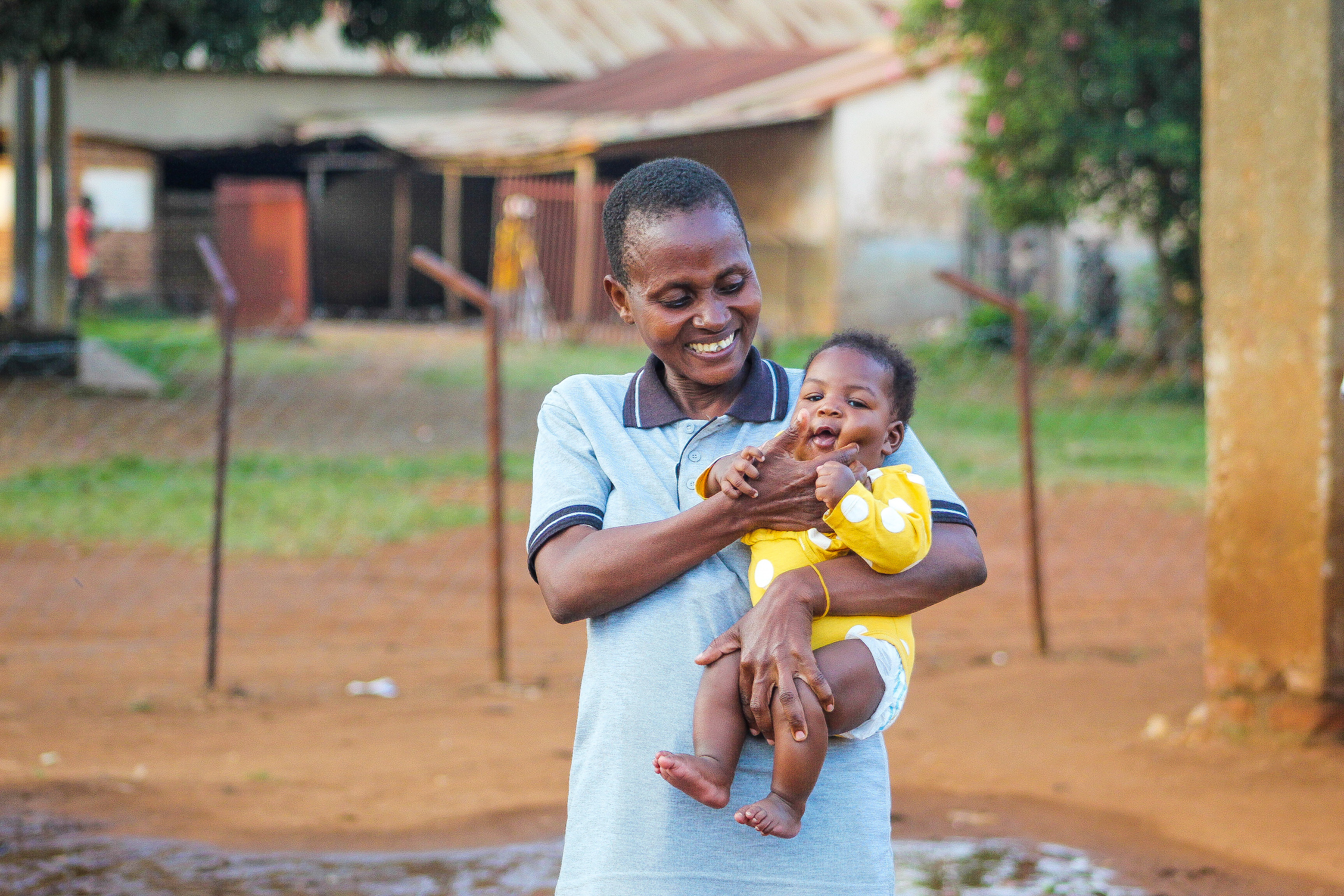
A Baby Named Miracle: Helping Babies Breathe Training & More Updates
After visiting Bulamu’s work in June 2022 in multiple districts in Uganda, Bulamu President & CEO Richard Siegler shared the following updates with Bulamu’s Board and Advisory Council:
As I reflected on my time in Uganda over the last weeks, it is difficult to convey just how positive some of the work we saw was, but let me share a few highlights:
From March 2023 through the end of June, Bulamu and our partners have conducted Helping Babies Breathe & other Essential Newborn Care trainings for 92 maternity workers who serve at 38 maternity facilities. By year-end, this work is on track to reach 70 public maternity centers that deliver about 50,000 babies a year!
For all this work underway, the real progress of this work is seen in the way our partner maternity facilities are using the training, and in the feedback we received from the field:
The first facilities we trained in March reported they resuscitated 135 newborns at birth from April through June. All of the midwives and health leaders we met in Mayuge and Budaka emphasized that our group’s approach to training is more practical and useful than anything else they have seen, and that they have confidence to provide Essential Newborn Care as a result. (Helping Babies Breathe is an American Association of Pediatrics program that has reduced early neonatal mortality by 47%. It overlaps with the World Health Organization’s Essential Newborn Care training standards, which our trainings are also aligned with.)
When we visited the Mayuge Health Center IV – where we trained some of the district’s maternity workers on Essential Newborn Care earlier in the year and were training the rest last week – the physician in charge shared an important piece of feedback with us. In many cases, the doctor said, they now manage births within the district with less need for referrals.
For example, we met a 1-month-old baby delivered and resuscitated at Mayuge’s Health Center IV. If they had referred her out of the district, the doctor said the baby would likely not have survived, because of the delays this would have involved. Her mother named the baby Miracle. Both mother and baby Miracle were in great health when we met them in June.
The Health Center IIIs in Mayuge are also keeping and caring for babies who they used to refer elsewhere, with very good results. In the districts that have completed the Essential Newborn Care training, the whole public maternity system is functioning better locally than a few months ago, thanks to the trainings, our additional Maternal and Child Health systems, and the communication and mentorship between the facility incharges and the trainers on whatsapp. These trainings are provided by leading Ugandan neonatalogist Dr. Margaret Nakakeeto and her team, who are the most experienced team for newborn care training in Uganda and provide this training and set up newborn care units for UN agencies periodically.
When we started to provide Maternal and Child Health systems in early 2021, there was a vision we didn’t even let ourselves talk about very much, because it seemed so hard to reach in the pandemic environment. We wanted to help provide standards of care for maternity and newborn care locally, so that care that could be provided at the Health Center III and IV levels without the unnecessary pain and worse outcomes that come with referrals in public health facilities in Uganda. This is now happening in the 3 districts where we have provided Helping Babies Breathe and related Essential Newborn Care training, along with our other Maternal and Child Health systems such as Emergency Transportation and Essential Maternity & Surgical Supplies.
There is more to be done to see this work reach all 12 of our partner districts by late 2024 and to help support continuous improvement within all of our districts. But from our visit to our partner districts, their health workers, and most importantly the mothers and their babies, we are now doing work that can support 100,000 safer births or more by late 2024.
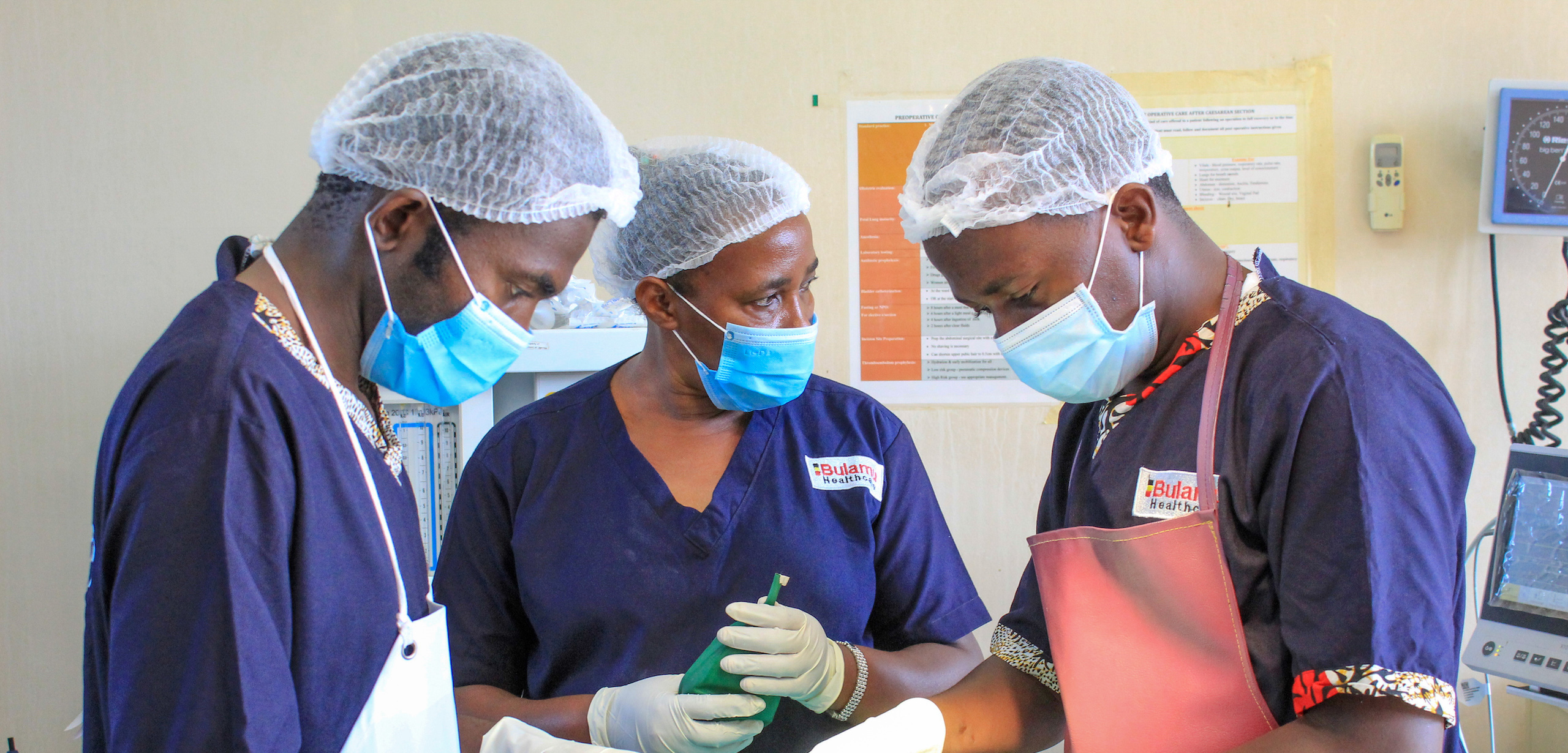
An Operating Room Back in Use After 11 Years
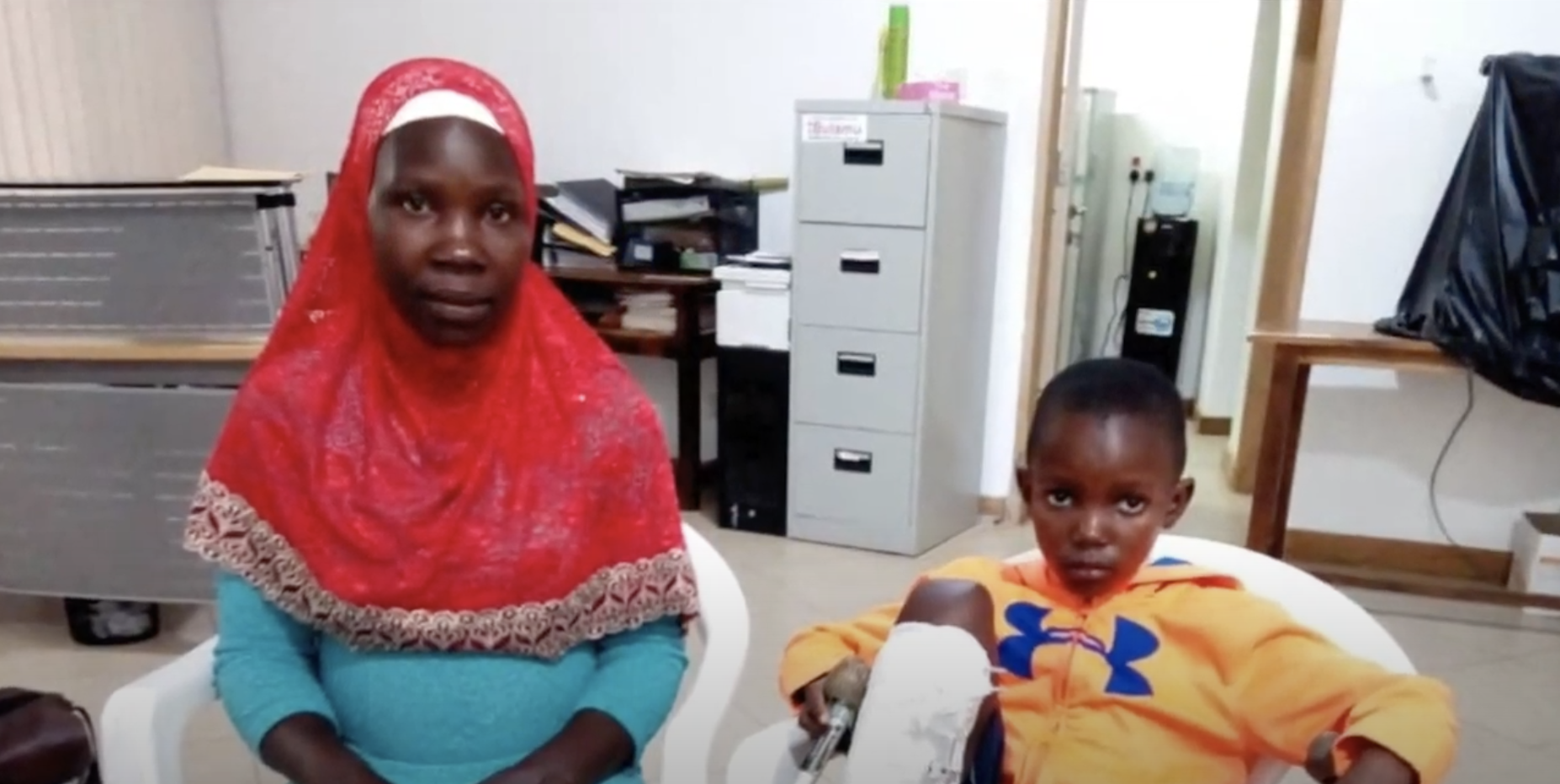
Bulamu Hosted a Supercamp Near Masindi, Uganda.
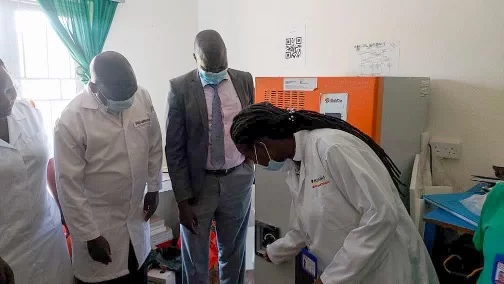
Blood Storage Refrigerator to Gulu Health Center
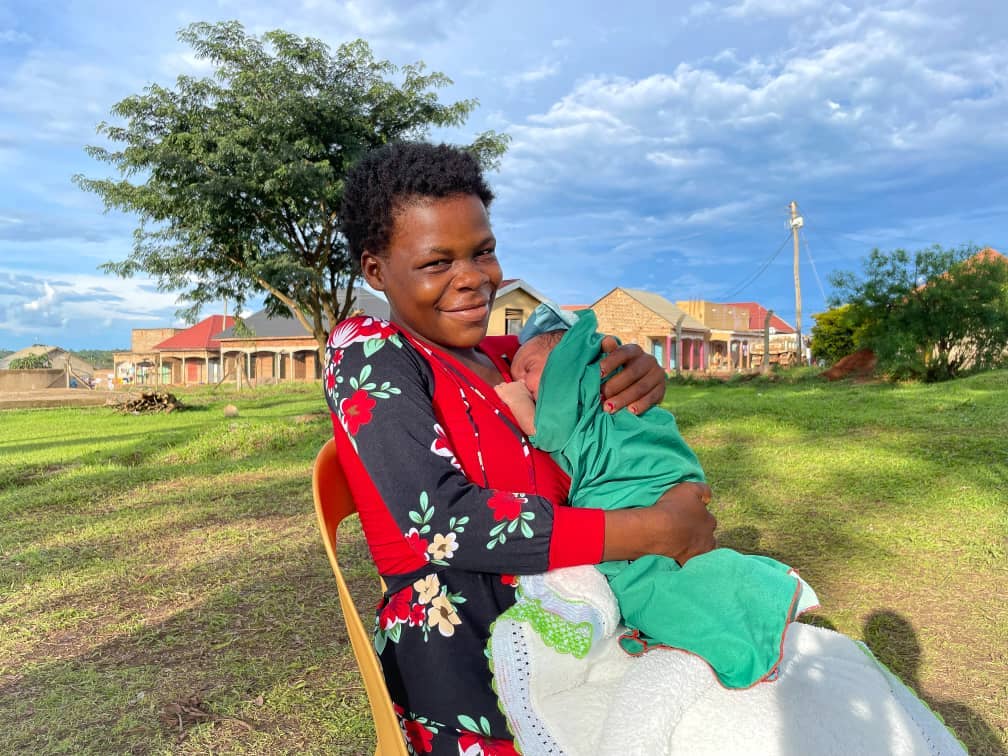
You can help ensure a better future for Ugandans in need by becoming a lifeline today.
Help save a newborn like Miracle.
Access to quality healthcare is everything. But our work to bring lifesaving treatments to Africans most in need can’t start without your support. You can help provide emergency transportation, crucial medical supplies, essential training, and hope. No matter how much you choose to give, your gift will help fund affordable healthcare and training for those who need it most.
